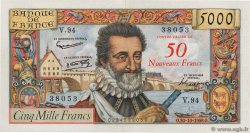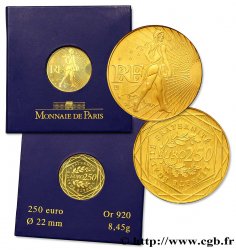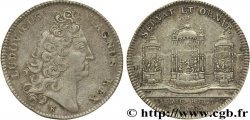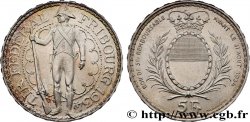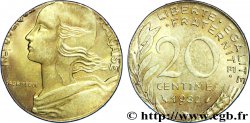Live auction - bga_352597 - GALLIA - CALETI (Area of Pays de Caux) Quart de statère à la rouelle, de Bordeaux-Saint-Clair
You must signin and be an approved bidder to bid, LOGIN TO BID. Accounts are subject to approval and the approval process takes place within 48 hours. Do not wait until the day a sale closes to register. Clicking on "BID" constitutes acceptance of the terms of use of cgb.fr private live auctions.
Bids must be placed in whole Euro amounts only. The sale will start closing at the time stated on the item description; any bids received at the site after the closing time will not be executed. Transmission times may vary and bids could be rejected if you wait until the last second. For further information check the Live auction FAQ
All winning bids are subject to a 18% buyer’s fee.
All winning bids are subject to a 18% buyer’s fee.
| Estimate : | 1 500 € |
| Price : | 1 000 € |
| Maximum bid : | 1 250 € |
| End of the sale : | 30 June 2015 15:30:01 |
| bidders : | 2 bidders |
Type : Quart de statère à la rouelle, de Bordeaux-Saint-Clair
Date: Ier siècle avant J.-C.
Metal : electrum
Diameter : 12,5 mm
Orientation dies : 3 h.
Weight : 1,47 g.
Rarity : R3
Coments on the condition:
Monnaie d’une rare qualité, surtout au niveau du droit, mais avec des cassures de flan particulièrement visibles au revers, au-dessus du cheval et derrière. Sinon agréable patine de collection
Predigree :
Cet exemplaire provient de Bordeaux-Saint-Clair ; c’est le n° 17 de l’étude de L.-P. Delestrée et F. Fillon, Un comptoir de la Tène moyenne en Haute-Normandie : le site de Bordeaux-Saint-Clair
Obverse
Obverse legend : ANÉPIGRAPHE.
Obverse description : Tête d’Apollon laurée à droite, une rouelle sur la joue ; chevelure flamboyante.
Reverse
Reverse legend : ANÉPIGRAPHE.
Reverse description : Cheval sanglé bondissant à droite, l'aurige sur la croupe ; une rouelle entre les jambes du cheval.
Commentary
Selon L.-P. Delestrée, cette série d’hémistatères et de quarts de statères proviendrait des environs de Fécamp, sur le littoral des Calètes (pays de Caux), cf. RN 2001.
Cet exemplaire présente une superbe rouelle bien visible sur la joue au droit et une autre un peu moins nette entre les jambes du cheval au revers. La chevelure est très fouillée, agrémentée de multiples petits globules.
According to L.-P. Delestrée, this series of hemistaters and quarter staters comes from the area around Fécamp, on the Calètes coast (Pays de Caux), cf. RN 2001. This example has a superb, clearly visible rouelle on the cheek on the right and another, a little less clear, between the horse's legs on the reverse. The hair is very detailed, decorated with multiple small globules
Cet exemplaire présente une superbe rouelle bien visible sur la joue au droit et une autre un peu moins nette entre les jambes du cheval au revers. La chevelure est très fouillée, agrémentée de multiples petits globules.
According to L.-P. Delestrée, this series of hemistaters and quarter staters comes from the area around Fécamp, on the Calètes coast (Pays de Caux), cf. RN 2001. This example has a superb, clearly visible rouelle on the cheek on the right and another, a little less clear, between the horse's legs on the reverse. The hair is very detailed, decorated with multiple small globules







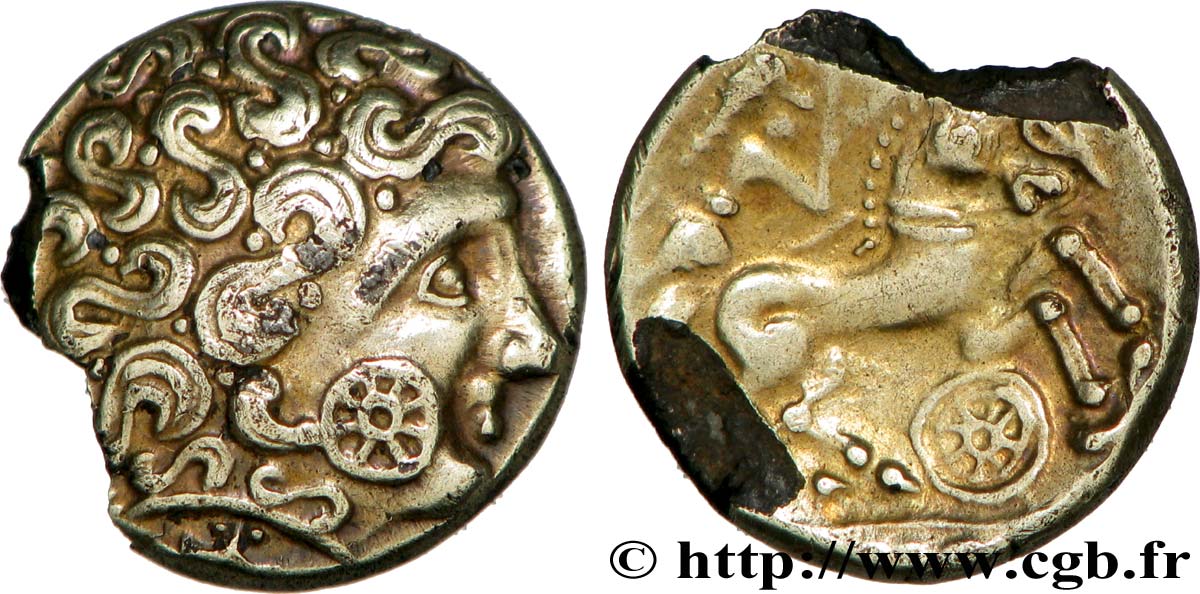
 Report a mistake
Report a mistake Print the page
Print the page Share my selection
Share my selection Ask a question
Ask a question Consign / sell
Consign / sell
 Full data
Full data




